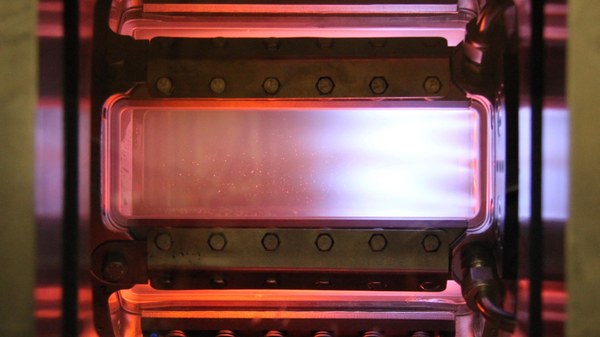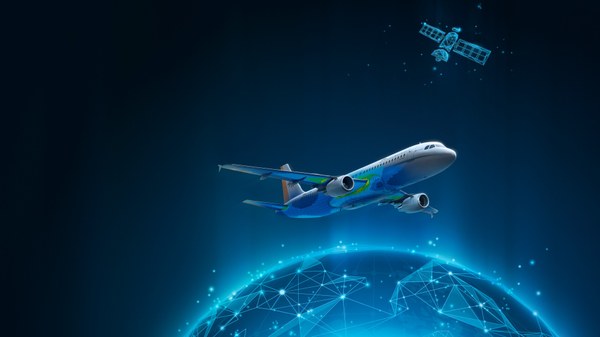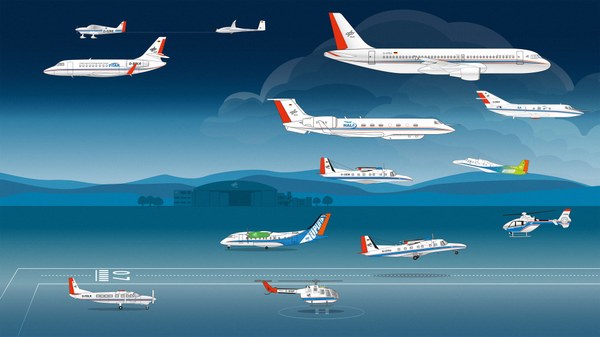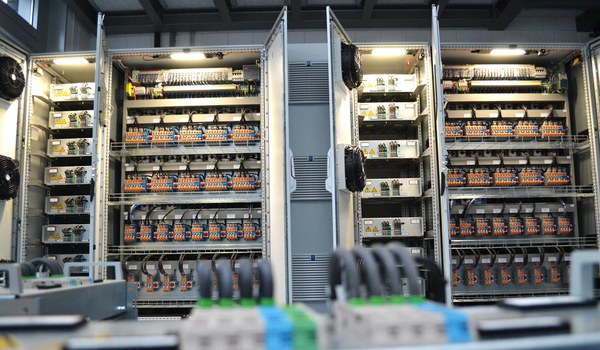NeoFuels
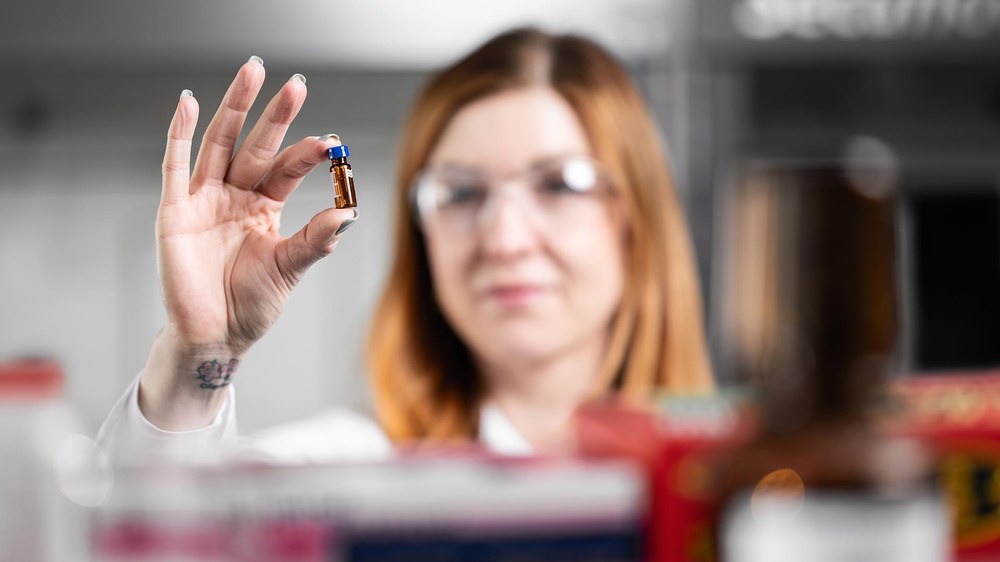
In English, 'fuels', 'propellants' and 'combustibles' are summarised with just one word: fuels. This emphasises the importance of liquid chemical energy sources with their cross-sectoral applications. The NeoFuels project at the German Aerospace Center (Deutsches Zentrum für Luft- und Raumfahrt; DLR) is similarly comprehensive, focusing on research into fuels for diverse sectors such as spaceflight, aviation, energy and transport. The primary goals are climate neutrality, performance and the economic efficiency of our mobility and energy supply.
A key finding of the NeoFuels project is that we need to leverage all of the available technology to achieve our climate goals. While certain areas of mobility, such as road transport, can largely be electrified, liquid energy sources remain indispensable in other sectors with high performance and energy demands in the medium to long term, such as aviation, spaceflight, shipping and heavy goods transport. This necessitates additional complementary strategies. Consequently, the project is investigating both sustainable fuels derived from biogenic sources (biofuels) and synthetically produced fuels (synfuels) and incorporating them into existing strategies. This approach aligns with the German government's national hydrogen strategy, which identifies hydrogen derivatives such as synthetic fuels, including e-fuels, as an integral part of the energy transition.
The NeoFuels project aims to bridge the central gap between demonstration and commercial implementation across the fields of aviation, spaceflight, transport and energy by facilitating cross-programme collaboration within DLR. A key objective is to comprehensively map biofuels and synfuels in a practical and methodical way, from source to production, all the way through to use and environmental impact. To achieve this, the project leverages and brings together the expertise of all participating institutions to analyse and optimise every sub-process. Due to its extensive research capabilities, DLR provides an ideal foundation for this holistic approach.
NeoFuels project – Research into climate-compatible fuels
- Duration: 1 January 2021 to 31 December 2025
- Leading institute: DLR Institute of Combustion Technology
- Project type: Institutional funding
- Funding body: DLR Energy Programme Directorate

